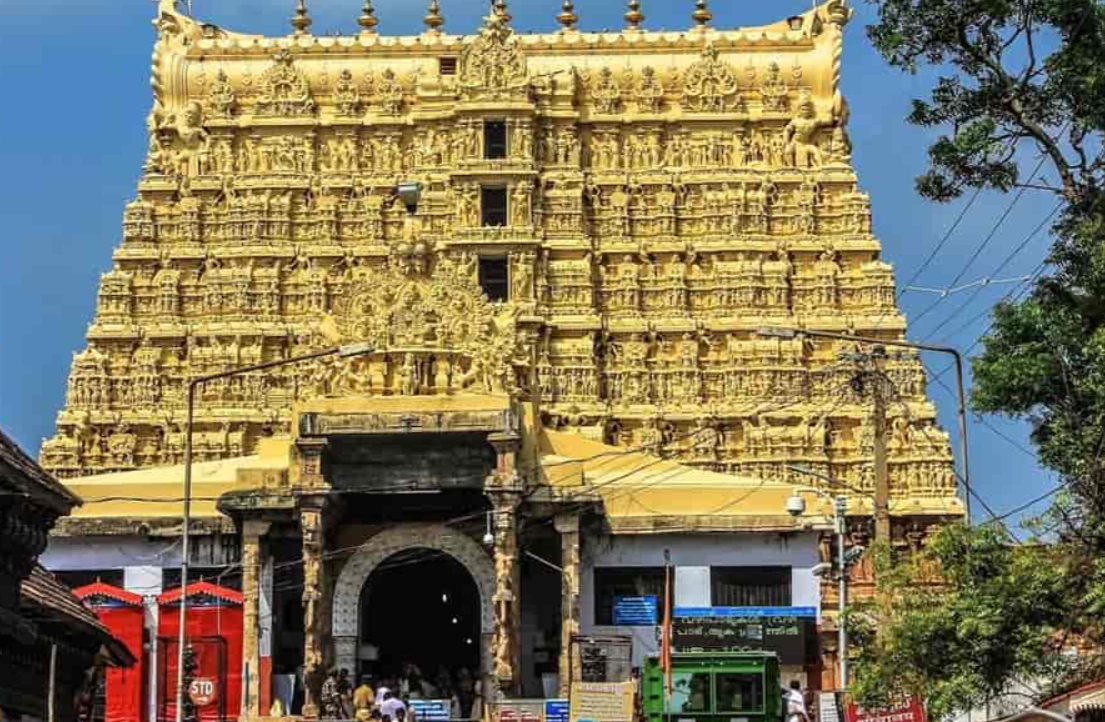India is known for its exceptionally competitive academic environment, and exams play a crucial role in a student’s life. From finishing high school to pursuing postgraduate studies or securing employment, exams are an unavoidable part of the journey. In both the public and private sectors, candidates often face multiple rounds of selection, including written exams and interviews. For students aspiring to graduate or recent graduates seeking job opportunities, exams are a significant hurdle. In this context, let’s explore some of the toughest exams in India, which are known for their rigorous standards and high level of competition.
Top 10 Toughest Exams in India
1. IIT JEE Advanced

One of the toughest exams in India is the IIT JEE Advanced. This prestigious examination is the gateway to undergraduate programs at the Indian Institutes of Technology (IITs) and other top engineering institutions. To gain admission into an IIT, candidates must first clear the JEE Mains, followed by the JEE Advanced. The admission process is highly competitive, with a selection rate of approximately 25% to 30%. The IIT JEE Advanced is renowned for its challenging questions and rigorous evaluation, making it a significant hurdle for aspiring engineers.
2. GATE (Graduate Aptitude Test in Engineering)

The Graduate Aptitude Test in Engineering (GATE) is another formidable exam in India, designed for admission to postgraduate programs like MTech and ME at top institutions such as IITs, NITs, and IIITs. Additionally, GATE scores are used by public sector companies for recruitment purposes. The exam is conducted online and assesses candidates’ understanding of various engineering and science subjects. With a selection rate of around 17%, GATE is known for its challenging content and high level of competition.
3. UPSC Civil Services Exam
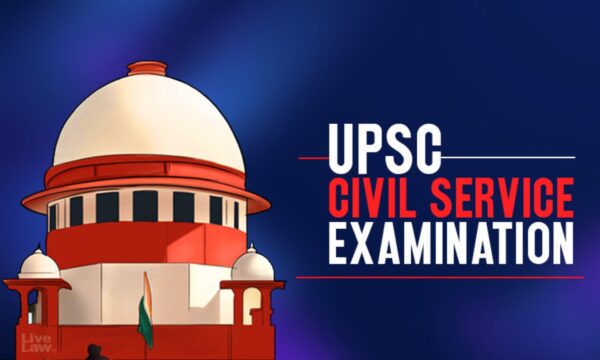
The UPSC Civil Services Examination, commonly known as the IAS exam, is considered one of the toughest exams in India. It is conducted by the Union Public Service Commission (UPSC) to recruit candidates for prestigious administrative positions such as the Indian Administrative Service (IAS), Indian Police Service (IPS), and Central Civil Services. The examination consists of three stages: Preliminary, Main, and Interview. With a selection rate ranging from 0.1% to 0.3%, this exam demands extensive preparation and deep knowledge of a wide array of subjects.
4. NEET (National Eligibility cum Entrance Test)

The National Eligibility cum Entrance Test (NEET) is a crucial examination for those aspiring to enter the medical field in India. Administered by the National Testing Agency (NTA), NEET is used for admission to undergraduate medical programs such as MBBS, BDS, and AYUSH courses. The exam covers subjects like Physics, Chemistry, Botany, and Zoology, with a total score of 720. NEET is known for its high difficulty level and competitive nature, with a selection rate of approximately 6.5% to 7%.
5. ICAI CA Exams
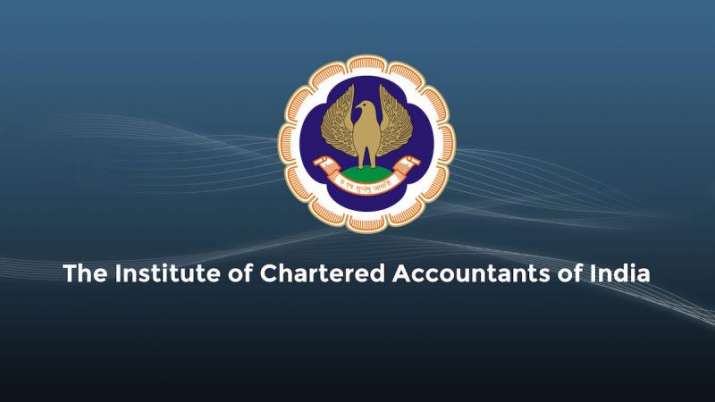
The Institute of Chartered Accountants of India (ICAI) conducts the Chartered Accountancy (CA) exams, which are highly challenging and crucial for those pursuing a career in accounting and finance. The CA exams are divided into three levels: CPT (Common Proficiency Test), IPCC (Integrated Professional Competence Course), and Final. Candidates must pass all three levels to become a certified chartered accountant. With a selection rate of around 25%, the ICAI CA exams are known for their rigorous standards and comprehensive curriculum.
6. IIM CAT (Indian Institutes of Management Common Admission Test)
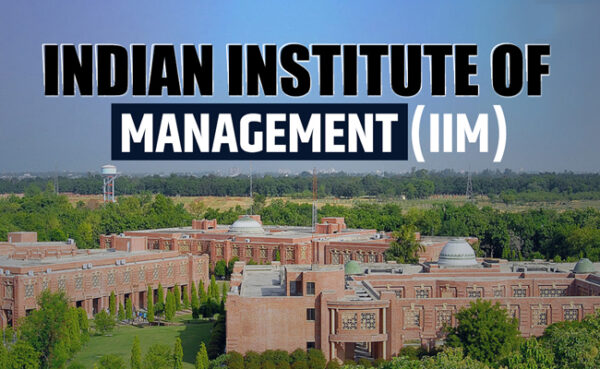
The Common Admission Test (CAT) is a significant examination for those seeking admission to the Indian Institutes of Management (IIMs) and other top business schools in India. The CAT assesses candidates’ skills in areas such as quantitative ability, verbal ability, logical reasoning, and data interpretation. The exam is highly competitive, with a selection rate of approximately 2%. The rigorous nature of the CAT makes it one of the toughest exams for aspiring MBA students.
7. CLAT (Common Law Admission Test)

The Common Law Admission Test (CLAT) is an entrance examination for admission to various national law universities in India. The Consortium of National Law Universities administers the CLAT for undergraduate and postgraduate law programs. The exam includes sections on Logical Reasoning, English, Legal Aptitude, General Knowledge, and Mathematics. With a selection rate of about 3%, the CLAT is known for its comprehensive syllabus and competitive nature.
8. UGC-NET (University Grants Commission National Eligibility Test)
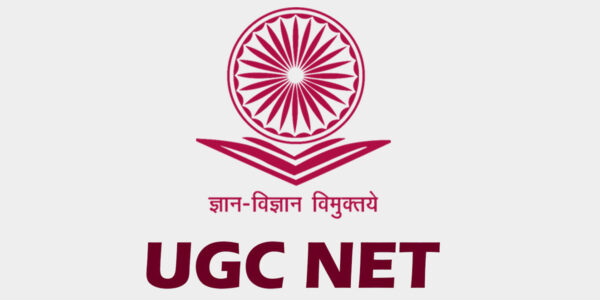
The UGC-NET is an examination for postgraduate students aspiring to become assistant professors or junior research fellows. The test assesses candidates’ knowledge in their respective subjects and is considered one of the toughest exams in India due to its specialized nature. The selection rate for UGC-NET is approximately 9%, reflecting the high level of competition and expertise required to pass.
9. CFA (Chartered Financial Analyst)

The Chartered Financial Analyst (CFA) designation is a prestigious certification for investment professionals worldwide. The CFA Institute conducts the CFA exams, which consist of three levels of assessments. Each level tests different aspects of finance and investment management. The rigorous curriculum and the need to pass all three levels make the CFA exams one of the most challenging and sought-after qualifications in the finance industry.
10. NDA (National Defence Academy)

The National Defence Academy (NDA) exam, administered by the Union Public Service Commission (UPSC), is the entry point for candidates aspiring to join the Indian Army, Navy, or Air Force. The exam includes a written test and an interview with the Service Selection Board (SSB). The NDA exam is known for its difficulty due to its comprehensive syllabus covering general ability and mathematics, with a selection rate of approximately 0.1%. In 2021, the Supreme Court’s decision to allow women to apply for the NDA has further increased the competition.
Conclusion
In conclusion, the toughest exams in India present significant challenges to aspirants. These exams test not only academic knowledge but also aptitude, technical skills, and mental fortitude. The journey to passing these exams requires dedication, hard work, and perseverance. Successfully navigating these exams paves the way to promising career opportunities and fulfilling futures. Whether you are a student preparing for these rigorous tests or a professional aiming to advance your career, understanding the level of competition and preparation required for these toughest exams in India is crucial for success.



